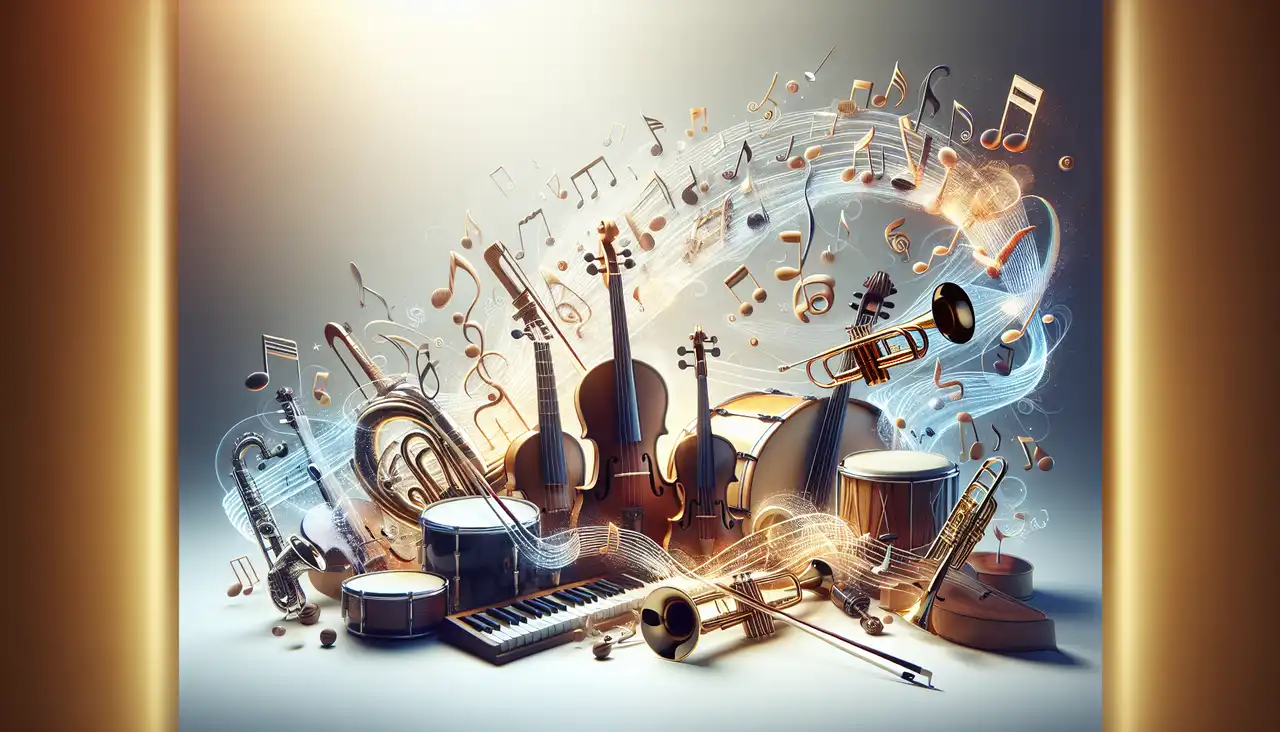

Malcolm Bilson
Dr. Malcolm Bilson is a thought leader in the realm of historical performance practice and a distinguished Professor Emeritus at Cornell University. With a career spanning several decades, Dr. Bilson has been at the forefront of the period-instrument movement, significantly influencing the way classical music is performed and appreciated today. His pioneering work in the 1970s set the stage for a renewed interest in performing the works of Mozart, Beethoven, and Schubert on historical instruments, particularly the fortepiano. Dr. Bilson's contributions to the field are not only limited to performance but also extend to a rich discography that includes complete piano cycles of Mozart and Schubert. These recordings have been instrumental in offering audiences a glimpse into the soundscapes that these composers would have originally envisioned. His scholarly pursuits have led him to author numerous publications that delve into performance practice, often challenging the conventional reliance on modern pianos for classical repertoire. An educator at heart, Dr. Bilson has shared his knowledge and passion through lectures and master classes worldwide. His educational endeavors also include an insightful video on musical notation, which serves as a valuable resource for both students and seasoned musicians alike. Through these platforms, he has inspired countless individuals to explore and appreciate the nuances of period instruments. Dr. Bilson's expertise and dedication have made him an influential figure in the revival and appreciation of period instruments in musical performances. His work continues to resonate with musicians and audiences, fostering a deeper understanding and appreciation of the historical contexts in which these timeless compositions were created. His legacy at Cornell University and beyond is marked by a profound impact on the study and performance of classical music, ensuring that the rich traditions of the past remain vibrant and relevant in today's musical landscape.
Publications
, 237-244, 1992-05-01
, 715-722, 1997-11-01
, 158-162, 1980-04-01
, 9-19, 2022-07-11
, 517-518, 1982-10-01
, 263, 1980-01-01